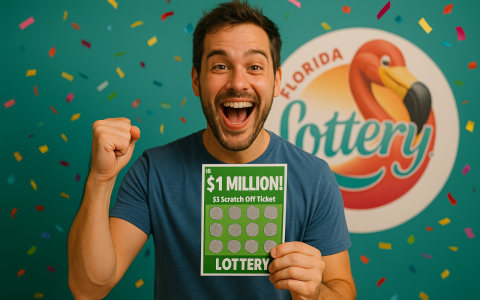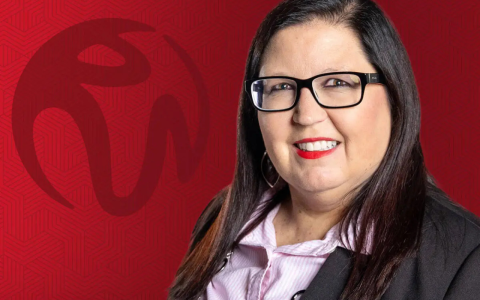The Guardian’s Investigative Stance on Gambling Industry Practices

The Guardian, a well-known publication based in the United Kingdom, has taken a firm stance against accepting any content sponsored by the gambling industry. As part of its commitment, the newspaper has been actively investigating the sector, focusing on specific practices that have raised concerns.
One area of focus is the use of VIP programs by gambling operators in the United States, which are designed to encourage players to gamble more. According to a detailed article from the publication, these programs are now facing increased scrutiny.
VIP Programs Under the Spotlight in Guardian’s Latest Report
The Guardian has highlighted several concerns surrounding the current implementation of VIP programs, drawing on insights from various experts and publicly available data. The newspaper revealed that operators in the United States had communicated with a ‘prominent US senator,’ clarifying that these programs were not intended to increase players’ spending.
- The Guardian obtained these letters and reported on them.
- The publication reviewed job listings for VIP host positions within gambling companies, which explicitly stated goals to ‘exceed engagement and service level performance targets’ and ‘assist in reactivation efforts to re-engage inactive users.’
It’s important to note the distinction between encouraging increased spending and reactivating dormant players. While re-engaging players who haven’t been active would naturally lead to increased spending if they resume gambling, the primary objective is to reconnect with existing customers and offer incentives to rekindle their interest in an activity they once enjoyed.
Recently, BetMGM formed a partnership with Enteractive, a company specializing in reactivating lapsed account holders through personalized conversations and offering incentives to encourage their return.
The Guardian explored individual cases, such as one involving Lisa D’Alessandro’s estranged husband, who spent 440% of his salary in 2023 on betting and gaming due to his worsening addiction. He was categorized as a VIP customer, with D’Alessandro commenting that operators aimed to make such customers ‘feel like they have won something.’
Ethical and Legal Challenges for Lawmakers Regarding VIP Programs
The paper also featured insights from experts like Cait Huble from the National Council on Problem Gambling, who criticized certain practices used by gaming operators. Huble emphasized that the newly regulated industry in the United States has not learned from the experiences of more established markets, such as the United Kingdom.
- Huble pointed out that VIP hosts are often financially incentivized to encourage continued spending, or at least create that impression.
- As the industry evolves towards a more user-centric model, the Guardian suggests that the risks associated with certain VIP practices will become more apparent.
The gambling industry has previously faced regulatory scrutiny due to misleading promotions, especially those labeled as ‘no risk’ bonuses. Regulators challenged offers requiring players to wager their own money first, only to be refunded with a bonus if they lost. However, players had to wager the bonus again before withdrawing any winnings. This meant the offer was not genuinely ‘risk-free,’ prompting enforcement actions at both state and federal levels.
Whether VIP programs will receive similar scrutiny remains uncertain, but according to the Guardian, it seems likely.









